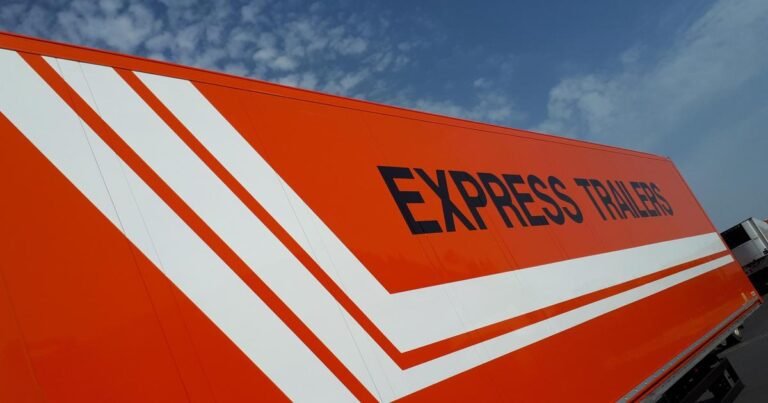“The EU Mobility Package will have a negative impact on Maltese businesses due to the inevitable increases in freight costs if we want freight operations to remain possible,” said Franco Azzopardi, Chairman and CEO of Express Trailers.
He stresses that the transport of goods is the lifeblood of Malta because everything that was consumed locally was imported.
“The indirect impact on people’s lives will be higher prices on all imported and exported products due to this increase in shipping costs, which means restricting and stifling any e-commerce initiative by the retailer due to the inability to compete in shipping,” he added.
“I am very sad, disappointed and angry about all this. I expected that the European Union should not be coming forward with such discriminatory initiatives and rules, especially now in these very delicate economic times,” he added.
The EU Mobility Package, adopted by the European Council on 7 April and approved by the European Parliament on 8 June, will see a major reform of the EU road transport sector that includes new rules that are said to improve drivers’ working conditions, regulate access to the road transport market, and regulate maximum working and minimum rest times for drivers.
Azzopardi explained how the EU’s mobility package will cause significant disruption to its operations and costs, which “needless to say will be passed on to the importer and exporter”.
“Every eight weeks, we would have to return our trucks to Malta for a week and then return them to the continent. This means that each truck would be idle for six and a half weeks every year.
Additional trucks are needed to fill the dead time gap.
“To compensate for this situation and ensure continuity of our services, we will need to purchase another truck for every eight we have on the continent just to plug the dead time gap in the fleet.
“Why should we invest, for example, 500,000 euros to buy five new trucks and bear depreciation and amortization without any return on investment?”
He said the rule was designed in a capricious manner, camouflaged under the pretext of protecting the environment. Tankers still have to travel miles to transport goods from source to importer.
These miles will now cost much more due to the unproductive capital cost associated with the additional trucks.
“The new rules are supposedly aimed at improving the working and social conditions of drivers and contributing to road safety. Now truck drivers will be banned from spending their 45-hour weekly rest period in the truck that is their second home. Why impose such a ban?” he asked.
Unsustainable rules
Mr Azzopardi mentioned how the EU also wants transport companies to send their drivers home every four weeks. “This is unsustainable, our truck drivers work on the road of their own free will, they are all well paid and should be free to work as long as they want. No authority should intervene unless truck drivers are being exploited or unless there is a scientifically proven health risk.”
Azzopardi added that it would be unfortunate if this package was an arrangement by the most influential countries to protect their companies from the more competitive companies that operate trucking operations in continental Europe.
He referred to the “cabotage” rule, which states that in the European Union, trucking companies may not carry out more than three operations in one EU country, within seven days, and now without leaving that country and “resting” for four days.
“I feel that this rule is in direct conflict with the EU principles of freedom of movement and, in the case of Malta, is paralysing. Malta’s size and the scale of its business make it almost impossible for it to have less than three stopovers or pick-up points from a country.
“We are really struggling to operate sustainably. What we do is, by specializing in ‘bundling’, we load and stack trailers as much as possible, with multiple units of shipments going to the same areas of the country for delivery at different addresses in order to improve the efficiency of the trips.”
Azzopardi said he was not sure whether Maltese MEPs, along with transport and economic authorities, had fought this European mobility package so hard from the beginning.
“Even if all the local MEPs, regardless of their beliefs, had come out strongly and united recently, the timing was wrong. As far as I know, the EU does not work that way. We came out too late,” he said.
Independent journalism costs money. Support The Times of Malta The price of coffee.
Support us





